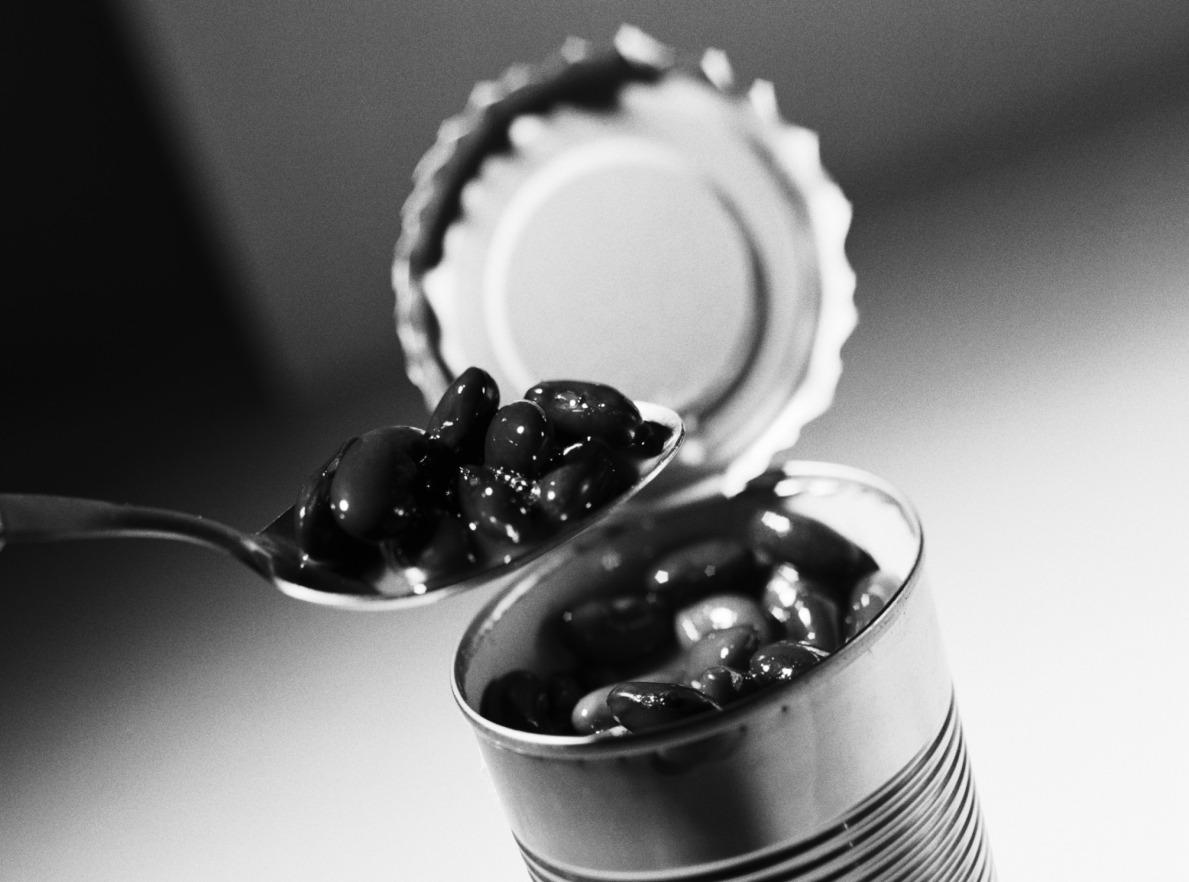Everyday Chemical Exposure Linked to Obesity, Diabetes Epidemic

Read on for six easy ways to remove potentially harmful endocrine disruptors from your life — stat! (Photo: Getty Images)
A scientific statement released by the Endocrine Society says that new evidence points to a link between endocrine-disrupting chemical exposure and both diabetes and obesity — two of the biggest health threats in modern society.
Approximately 35 percent of American adults are obese, and more than 29 million Americans have diabetes.
Animal studies have found that endocrine-disrupting chemicals (EDCs) affect beta and alpha cells in the pancreas, fat cells, and liver cells and can lead to two risk factors for type 2 diabetes and obesity — insulin resistance and an abundance of insulin in the body.
Previous research has found endocrine disruptors to play a role in infertility, hormone-related cancers (such as breast and ovarian cancer), prostate conditions, thyroid disorders, neurological issues, and other disorders, and the “number of corroborating studies continues to mount.”
What types of chemicals are endocrine disruptors?
These chemicals are DDT and other pesticides, plasticizers such as bisphenol A (BPA), phthalates, and flame-retardants. They’re found in everyday products — including cash register receipts, plastic bottles, metal food cans, food, toys, cosmetics, and pesticides, according to the National Institute of Environmental Health Sciences.
Related: Is It Safe to Reuse Plastic Containers?
“The evidence is more definitive than ever before — EDCs disrupt hormones in a manner that harms human health,” says Andrea C. Gore, professor and Vacek Chair of Pharmacology at the University of Texas at Austin and chair of the task force that developed the statement. “Hundreds of studies are pointing to the same conclusion, whether they are long-term epidemiological studies in humans, basic research in animals and cells, or research into groups of people with known occupational exposure to specific chemicals.”
This information is especially vital for adults looking to start a family.
“Couples planning to have a baby and pregnant women should be particularly vigilant about avoiding chemicals,” Gore tells Yahoo Health.
The statement — which was addressed at the International Conference on Chemicals Management (ICCM4), in Geneva, Switzerland — calls upon policymakers to keep EDCs out of our everyday items (for example, bisphenol A, or BPA, can be found in food-can linings and cash register receipts) and to regulate further chemical testing.
Here are strategies to follow today to limit your exposure to EDCs.
1. Do not mix heat with plastic. “Plastics are more likely to leach out of containers when heated,” says Gore. “Experts suggest avoiding putting plastic containers in the microwave or dishwashers with very hot water, for instance.”
2. Ditch the plastic water bottle. When you’re on the go, Gore advises to sip water from either a reusable metal or glass water bottle. “Not only will you decrease leaching of chemicals (that can be obtained in a plastic bottle), you’ll also reduce your contribution to environmental plastic waste that is filling landfills and polluting our oceans.” However, if a plastic bottle of water is your only option, keep it out of the sun or a heated environment (like a hot yoga class) to avoid leaching.
3. Scrub your produce. “Many pesticides are known EDCs,” she says. “Rinsing fruits and vegetables — tap water is fine — before eating can help to minimize exposure to these chemicals.”
4. Eat fresh over processed foods. “Processed foods may have additives, and the food may come into contact with containers or machinery that might result in some leaching. And if possible, avoid meats that come from animals treated with hormones or antibiotics.”
5. Store food in BPA-free glass or stainless steel bowls and containers. “Although some manufacturers have removed BPA from food and beverage storage containers, we do not always know what has replaced the BPA or whether it has been tested as an EDC,” explains Gore.
5. Tidy up your home. “Keep your house clean. Also, plug holes under sinks and in the kitchen to minimize pests in order to avoid a need for chemical pesticides.”
6. Take action. “Chemicals can be added into food storage containers without any required testing for safety,” explains Gore. “Therefore, contact your elected representatives to ask for improved testing of chemicals that are used in the food industry, before they are introduced.”
Read This Next: ‘Safe’ Subs for Harmful Chemical in Plastics May Be Just as Risky to Health

